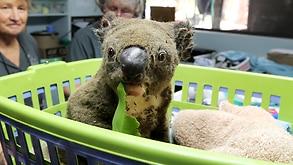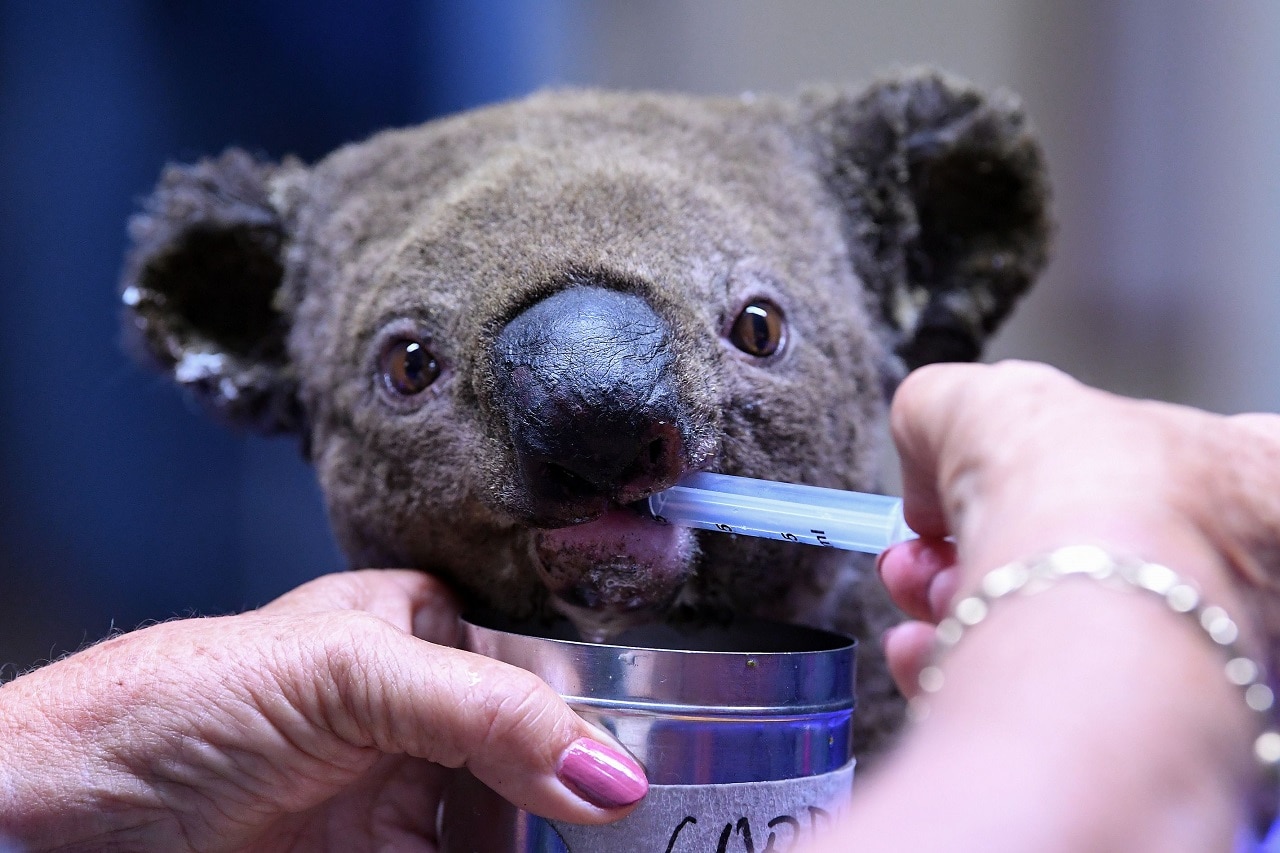When it comes to forming government policy it often seems that politicians see policy implementation and outcomes in terms of the effect they will have on national GDP growth or decline and annual budget balances or deficits.
Very rarely does one hear a government minister discuss the effect ideologically driven policies have on human capital, on the sense of wellbeing of ordinary people.
Since late 2013 Australia has been governed by a collection of politicians led first by Tony Abbott, then Malcolm Turnbull and lastly Scott Morrison. The kindest term for this motley collection of MPs and senators would have to be 'enthusiastic cultural and economic warriors of the hard right'.
So using a crude measurement let's look at one indicator of when that sense of wellbeing fails.
CONFIRMED DEATHS BY SUICIDE IN AUSTRALIA 2012-2020
- 2012 there were 2,580 deaths by suicide
- 2013 there were 2,610 deaths by suicide
The Abbott Coalition Government was elected to govern in September 2013.Scott Morrison becomes a Cabinet Minister and Minister for Immigration and Border Protection.
- 2014 there were 2,922 deaths by suicide
Scott Morrison ceases to be Minister for Immigration and Border Protection and becomes Minister for Social Services in December 2014.
As Minister for Social Services Morrison announces he is going to "stop the bludgers".
In the 12 months to 30 June 2014 a total of 1,373 income support payment recipients suffered financial loss caused by the department’s failure to follow proper procedure or to provide appropriate advice.
By June 2014 the number of unemployed people increased by 43,700 to 789,000, with the unemployment rate at a 12 year high.
Newstart unemployment benefit remains well below the poverty line.
- 2015 there were 3,093 deaths by suicide
Scott Morrison ceases to be Minister for Social Services in September 2015 and becomes Australian Treasurer. Christian Porter becomes Minister for Social Services, Alan Tudge Assistant Minister for Social Services and Stuart Robert becomes Minister for Human Services.
The number of unemployed people looking for full-time work reached 551,800 and the number of unemployed people looking for part-time work increased by 34,300 to 243,400.
As Australian Treasurer Morrison strips est. $15 billion over 4 years from basic services in Budget 2015-16. These cuts are expected to impact families and low-income earners.
In the 12 months to 30 June 2015 the number of Indigenous deaths in custody was the highest recorded since 1979-80.
- 2016 there were 2,902 deaths by suicide
National unemployment rate for 2016 nears a three-year low at 5.7%, with unemployment decreasing over the year by 11,900 persons.
In the 12 months to 30 June 2016 a total of 69,921 welfare recipients had their income support payments reduced.
Unlawful ‘robodebt’ debt-averaging algorithm introduced in 2016 - letters began to be sent out to past & current welfare recipients in December of the year.
Cashless Debit Card trials commence, restricting welfare recipients access to cash withdrawals from their pensions, benefits and allowances.
- 2017 there were 3,285 deaths by suicide
Australia’s unemployment rate hit a 14-month high, rising to 5.9% in February. Budget 2017-18 announced mutual obligation requirements attached to Newstart payments were being increased.
Aged Pension qualifying age began to rise on 1 July 2017.
- 2018 there were 3,138 suicides - averaging 8 deaths per day. NSW had the highest state total at 899 deaths.
As of June 2018 71%, or 802,600 people, received an unemployment payment—717,000 for Newstart Allowance and 85,600 for Youth Allowance (other). This represented 5.2% of the population aged 18–64.
In late June 2018, 10,600 Newstart Allowance recipients were aged 65, reflecting the increase in the qualifying age for the Age Pension to 65.5 from 1 July 2017.
An est. 80,000 single parents now on Newstart unemployment benefit rather than a parenting payment.
In July 2018 Parents Next program was introduced which applied governmental coercive control of single parents on parenting payments.
In August 2018 Scott Morrison ceased to be Australian Treasurer and became Prime Minister.
- 2019 there were 3,318 deaths by suicide
In the 12 months to 30 June 2019 under the privatised welfare-to-work scheme 121,604 people had their income support suspended without reason.
The Cashless Debit Card trial now includes est. 15,000 cardholders.
- 2020 no deaths data published for 2020 to date
Dynamic modelling shows that there may be a 25 per cent increase in suicides recorded for 2020 due to COVID-19 impacts.
Unemployment rate reached 6.2% in April, 6.8% in November and 6.6% in December 2020. Unemployment alone is associated with a two to threefold increased relative-risk of death by suicide, compared with being employed.
PRINCIPAL SOURCES
https://www.aihw.gov.au/reports/australias-health/suicide-and-intentional-self-harm
https://www.servicesaustralia.gov.au/organisations/about-us/annual-reports
https://www.aic.gov.au/sites/default/files/2020-05/sr_05_270418.pdf











